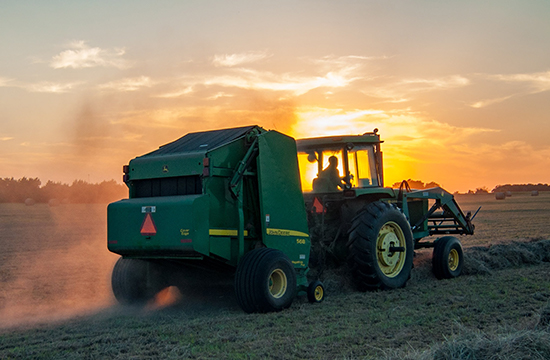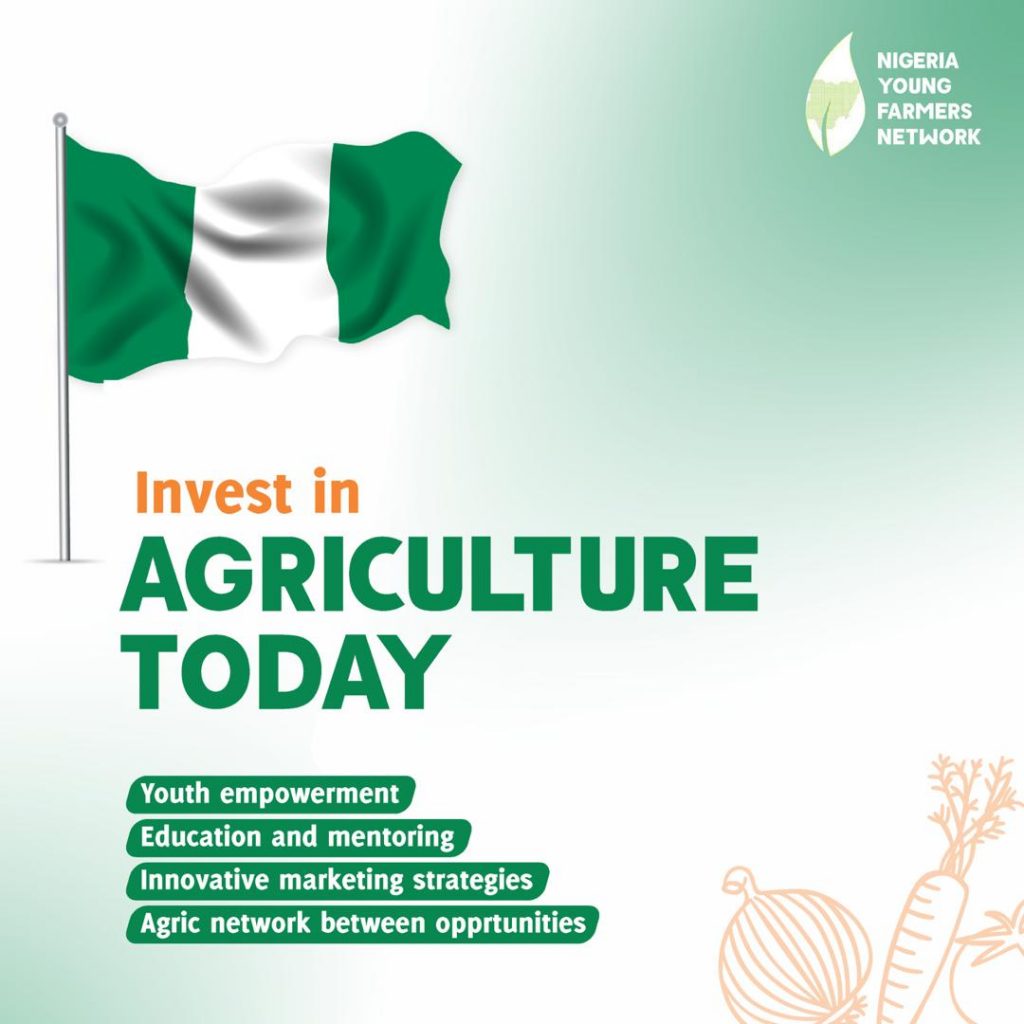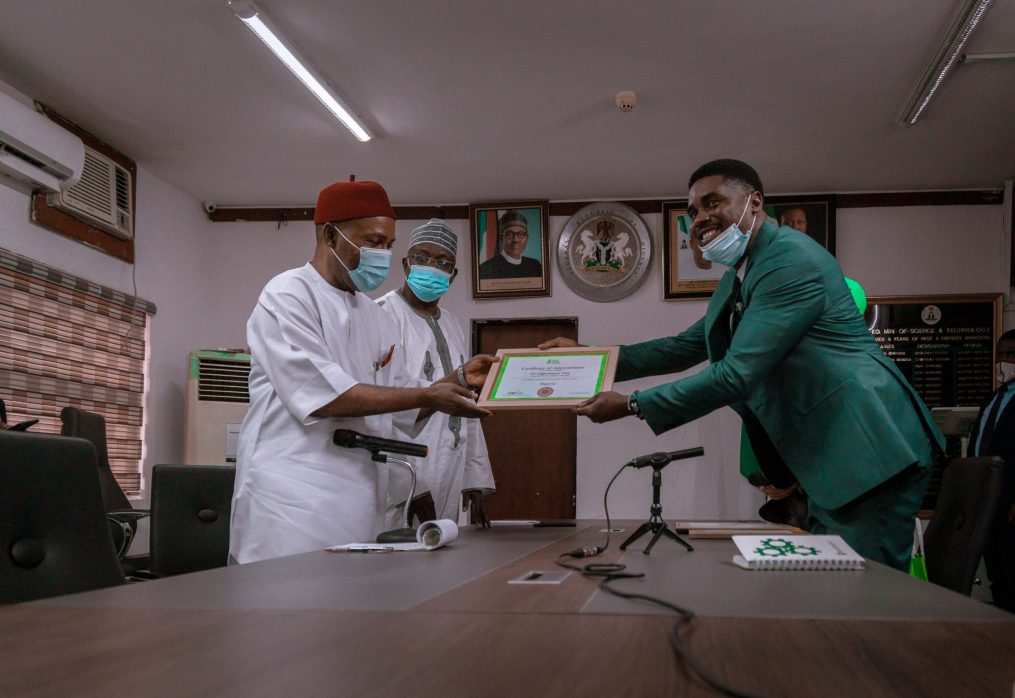Changing The Narrative
There is an embarrassing stereotype about farmers that is held in Africa, especially Nigeria for years now, a stereotype that has metamorphosed into a stigma: many people have long believed farmers to be dirty and impoverished men and women cultivating in the scorching sun and drenching rains of Africa, especially in Nigeria.
This is very inaccurate and demoralizing to the farmers.
But we cannot blame the carriers of such vastly incorrect misapprehension. This is because for decades, rural farmers have lived below the socio-economic benchmark, feeding on the remains of their produce, leading haggard lives and generally painting a worn-out image of the farming occupation.

However, I found that this has not been deliberate on their part.
The system is one where everyone had to make the best of the little or no opportunities they saw in their direction, even the barest.
Living by the mantra that “half a loaf of bread is better than none,” Nigerian rural farmers have had to make do, condescend and tolerate undersupply. From this, they end up impoverished, ragged, disheveled and tagged “dirty.”
But that narrative is about to change by a major degree.

With the innovations we bring into agriculture, from mental reconstruction to investment advisory, mechanized farming, farmer-to-businesses connections, research, data analyses, market survey, and general moral support structures, we are about to cause a paradigm shift and uplift the glory of the farming occupation.
We are building a system where a farmer and a bank teller shall share a row on a bus and no one would tell the difference, even attitudinally.
Since no living human can survive and function normally without food beyond 21 days, Farmers are literally lifesavers, and that ranks among the noblest occupations there can be.
That decrepit, age-long status is changing. Jump on the train and be a part of it today.
